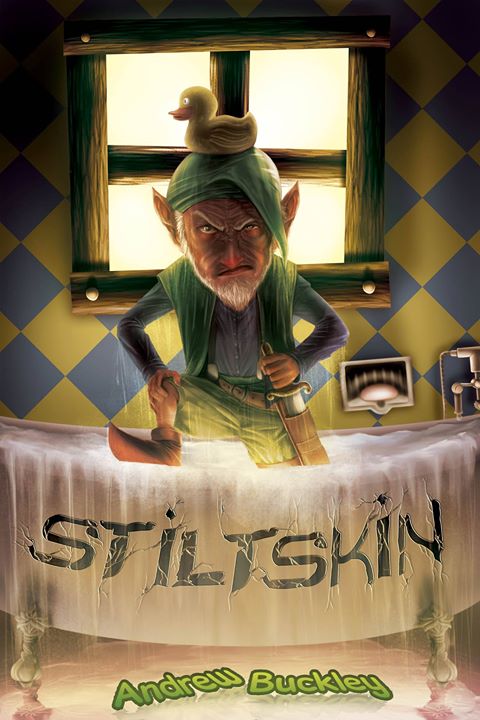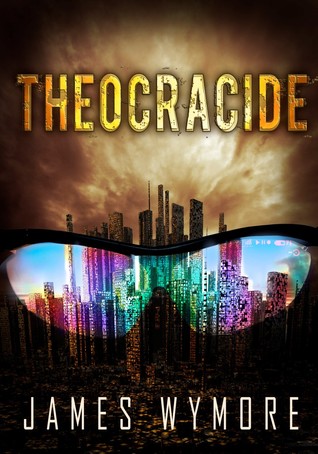
Filtering ― or, how to keep your reader at arm’s length.
I’ve been doing a fair amount of proofreading / light editing and have found myself talking about filtering a lot as of late. Since I’ve been looking for stuff to put here, it seemed like I could burn some pixels in rambling on about it. Readers may not notice filtering in the same sense it jumps out to a writer/editor, however, they will notice the effect it has on their immersion. A story that has a lot of filtering makes the reader feel as though they are watching from a distance. However, like many “best practices” in writing, it is not an absolute case of good and bad.
What Is Filtering?
The simplest explanation is when a writer “filters” their world through the presence of their character rather than just presents the setting to the reader. The writer inserts the character between the reader and the action with certain phrases: he saw, he felt, he heard, he knew. (There are quite a few other ones, but you get the point.)
What is happening here is the writer is describing their character experiencing something. They are not allowing the reader into that experience, instead keeping them at a safe distance and pointing. See that? Caleb just heard scratching noises and then saw a pack of rats swarm out of that trash right at him. (It feels like the reader is standing at the far end of the street watching Caleb, safe from the rats.)
Why is it bad?
By inserting that extra layer (the character) between the reader and what is happening, it lessens the immersion of a scene. The reader is observing someone rather than sharing the experience with the character. While filtering is not “bad” in the same way that typos or grammatical errors are, it (much like adverbs) weakens the writing.
Here is an excerpt from my short story “A Ghost Among Fireflies” as originally written:
The strange feeling of having been here before beckoned her. As if by memory, she navigated a minefield of old toys, broken computer equipment, and the shattered remnants of once-furniture, now thick with mold. She glanced at a desk to her left, her eyes at the level of its surface. An old, broken holo-terminal there glimmered in the weak light from the window, reflected curtains the only image on the screen.
Here is the same excerpt modified to use filtering. Does it feel different to read?
She felt strange, as if she had been here before. She remembered the room, navigating a minefield of old toys, broken computer equipment, and the shattered remnants of once-furniture. She could smell the thick mold on everything, even a desk to her left as tall as she was. Atop the desk, she saw an old, broken holo-terminal, its dark screen reflecting from the weak light in the window.
Aside from ‘she saw’ getting repetitious, the second passage doesn’t put the reader into the room with the character as much as lifts them far enough away to observe the character experiencing the scene.
Is it always bad?
Sometimes, it is more important to point out that the character became aware of something. Your protagonist can approach a room containing something dangerous (let’s use a rattlesnake) and notice it before he walks in. Jake paused by the door when he saw a rattlesnake lurking under the bed.
When calling attention to the character’s perception of something is more important than just setting a scene, filtering is not a bad thing. Here, the intent is to indicate the character has sensed something―when whether or not they do is the focal point of the moment.
Sometimes, words often considered signs of filtering are the most direct way to convey something, or to preserve meaning. “He had heard that before, many times” would not carry the same connotation as “They said that before, many times.” The first way makes the character seem as though they are tired of hearing it, linking a sentiment to the idea. The second example is a statement of fact, lacking the characterization.
The Bottom Line
In a scene where it is not important to point out the character is aware of something, (the reader will expect a character is aware of their surroundings unless told otherwise) avoiding filtering lets your reader immerse themselves in your story and experience it alongside the character. They are no longer “reading a book” but existing in the world you have created.
It also prevents them from getting fatigued from seeing the phrase “she heard” or “she saw” repeated.
There is no clear-cut “this is wrong” or “this is right” regarding filtering. Anything works, sparingly. (Even adverbs, which I loathe.) Overuse of filtering will lift your reader right out of your narrative and leave them watching with binoculars from the sidelines.


